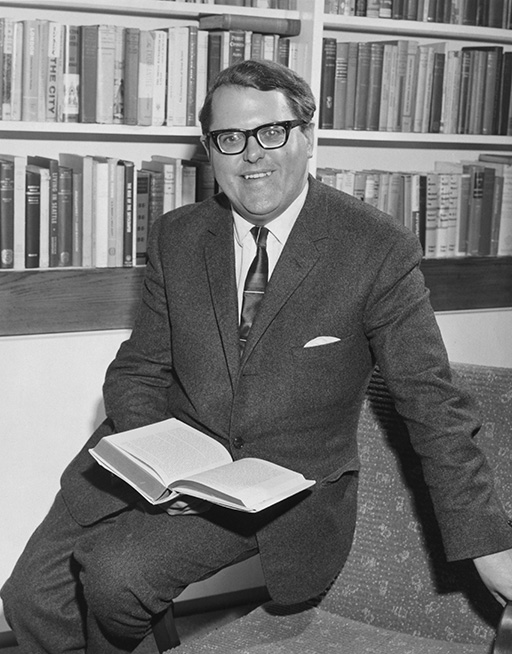What do historians do?
Introduction
What do you imagine when you think of a historian?
Figure 1 shows Asa Briggs (1921–2016), an influential and successful historian, a Cambridge and London University graduate, former soldier, codebreaker at Bletchley Park and the third Chancellor of The Open University (1978–1994). Asa probably fits many people’s ideas of how a friendly historian might look. These days historians are more diverse: for example, they are not all male, white and tweed-jacketed! Still, they have a lot in common with Asa and work in much the same way.

What, then, do historians actually do? Asking the internet produces a great many verbs: historians locate, collect, consider, analyse, develop, evaluate, assess, compare, write, argue and explain. While all the activities in this list are correct, what links them is evidence.
Historians work with evidence from the past and what all historians do, regardless of subject or time period, is to construct an understanding of the past from reading and analysing evidence. Evidence, known as primary sources, is the raw material of history and it is the core job of the historian to make sense of it.
In this free course you will explore some of the ways that historians work to develop our understanding of the past. You will learn about three aspects of the historian’s craft through three topic areas. You will start with landscape history to see how historians work within long-established traditions of learning and develop new scholarly subjects. Next you will move on to consider how historians can use everyday objects to connect with the ordinary experiences of people in the past. You will learn how artefacts from medical collections can contribute to social history research on infancy. Finally, you will examine criminal justice history to understand how research can challenge existing perceptions or myths about the past. Through the activities in each section you will experience a wide range of historical evidence and understand its importance for historians in constructing new knowledge.
You can find a list of definitions of key terms in the Glossary at the end of the course.
This OpenLearn course is an example of postgraduate-level study and gives some insight into the study of history you might undertake if you were to study the MA in History (A883/ 4) [Tip: hold Ctrl and click a link to open it in a new tab. (Hide tip)] .
